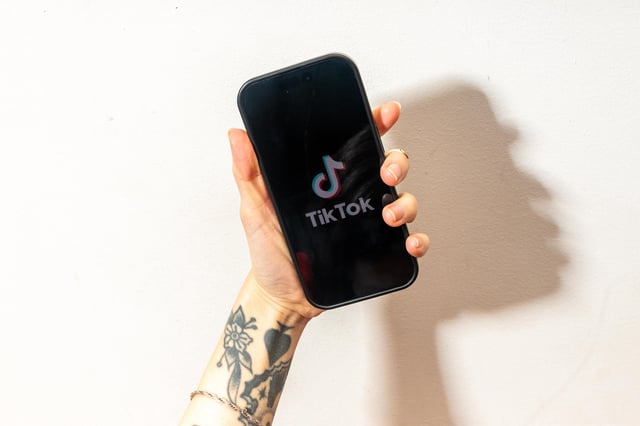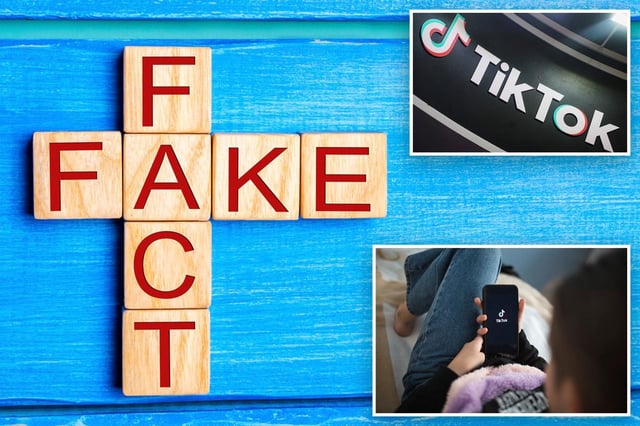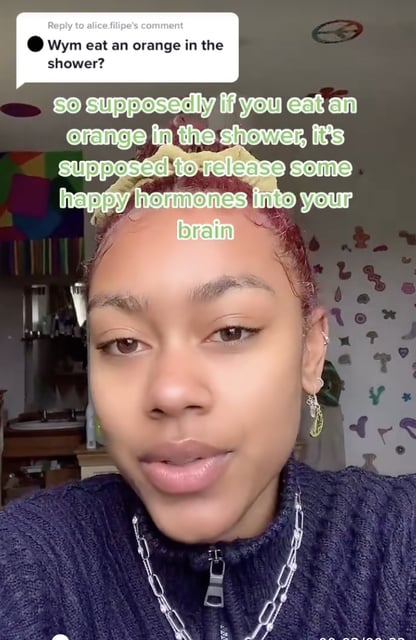Overview
- A Guardian analysis found 52 of the top 100 TikTok videos tagged #mentalhealthtips contained misleading or false advice, from bogus supplements to quick‐fix trauma cures.
- Psychiatrists and psychologists highlighted misuse of clinical terms, overgeneralization of personal anecdotes and pathologizing of normal emotions as key concerns.
- Experts including David Okai and Dan Poulter cautioned that such content can distort public understanding of conditions like PTSD, anxiety and severe mental illness.
- TikTok says it collaborates with WHO and NHS experts to flag and remove 98% of harmful health misinformation before reports reach moderators.
- Cross‐party MPs such as Chi Onwurah and Victoria Collins are calling for strengthened provisions in the Online Safety Act to ensure robust moderation of harmful mental health content.



